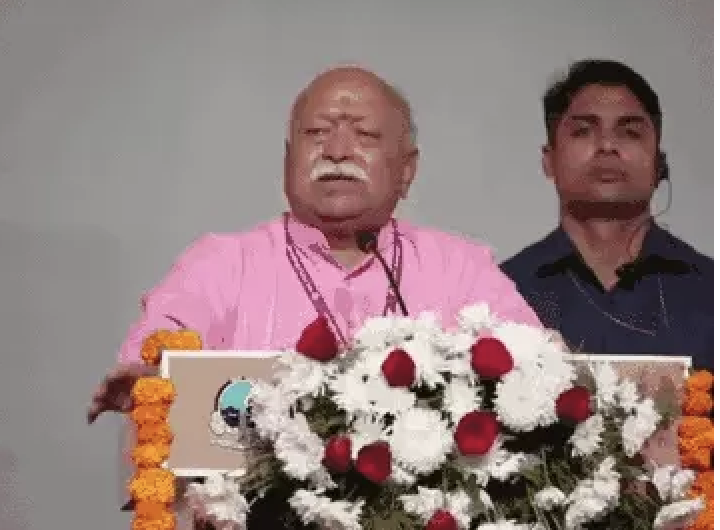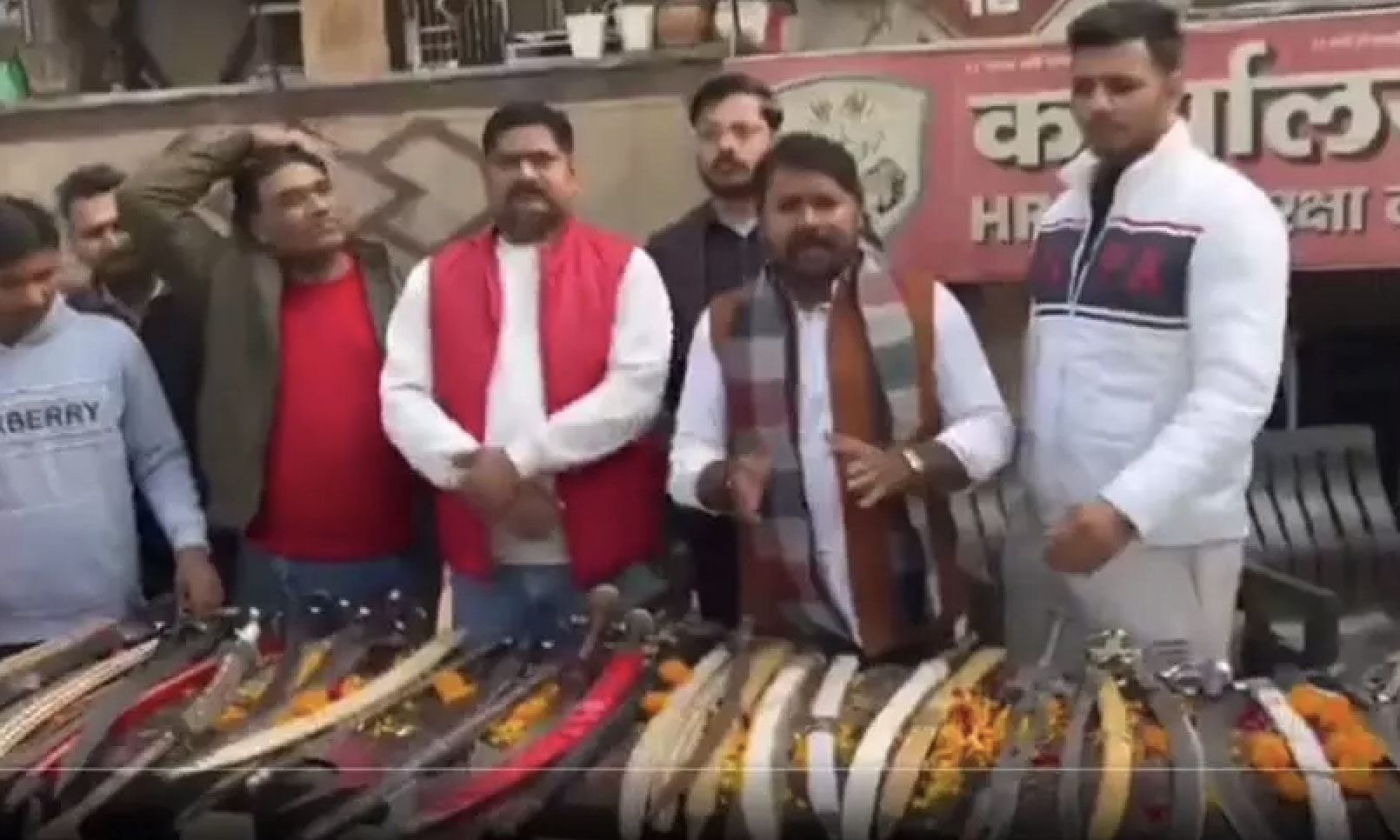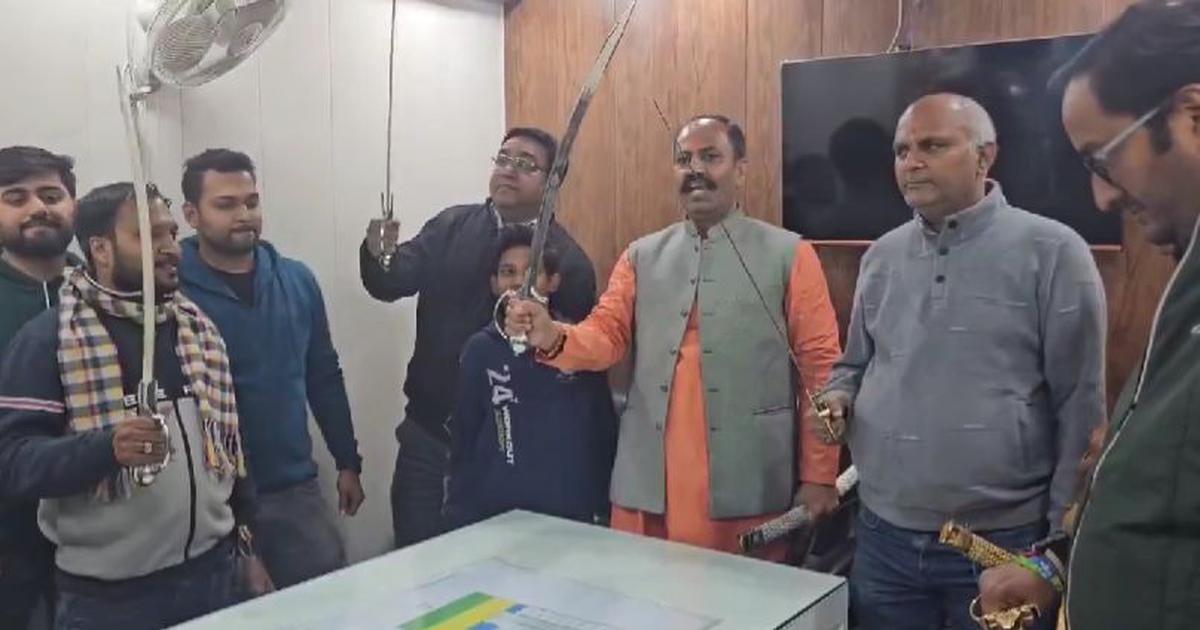
By Jyoti Punwani
The news that the consumption, sale and transport of beef will now be prohibited in Assam
immediately brought three things to mind. First, whatever happened to the Bharatiya Janata Party (BJP)’s policy of leaving the North East out of its obsession with banning beef?
When the ban was introduced in Maharashtra by the Devendra Fadnavis government in 2015, a BJP spokesperson told this writer that the only regions where beef was a staple food item were Goa and the North East. Hence, the party’s decision to ban this cheap protein anywhere else should not bother anyone.
This BJP spokesperson was old enough not to have forgotten the eloquent speech by Shillong MP GG Swell in the Lok Sabha in 1996, during the historic debate that preceded Atal Bihari Vajpayee’s resignation as prime minister after 13 days in the post. The speech laid down in clear terms why the North East would never accept the “hegemony” of the Hindutva party, not even when its most moderate face led it, because of the party’s determination to “impose its way of life” by banning beef across the country. “The whole country is being divided between the cow belt and the non-cow belt,” rued Swell.
It’s taken a quarter-century for things to change drastically. Assam is the gateway to the rest of the North-Eastern states, and already, complaints of a shortage of beef have started surfacing in Meghalaya. Indeed, the shortage began last year when BJP governments in Uttar Pradesh and Karnataka passed strict anti-cow slaughter laws.
But Assam Chief Minister Himanta Biswa Sarma’s beef ban is different from any other. For the first time, a distinction has been made between beef-eating communities (38 per cent of the population) and others, with beef being allowed to be sold and consumed only in areas where the former form an overwhelming majority. While this seems reasonable on its face, it is actually more divisive than a blanket ban.
The CM has repeatedly made it clear that no one can eat beef even inside their homes if they happen to live in mixed areas, where beef-eating and non-beef eating communities live side by side. Nor can beef be sold within a five-km radius of the religious places of non-beef-eating communities. “There is no need to have Hotel Madina in Santipur (a Hindu area in Guwahati),” he said in the Assembly.
Rarely would one find a CM so openly encouraging ghettoisation. But then Sarma is no run of the mill BJP CM. The man who as late as in 2017 dismissed fears of a beef ban in Assam, who joined the BJP only in 2015 and has no connection with the RSS, today rivals Yogi Adityanath in his inflammatory utterances.
Sarma’s frequent use of the pronoun “us” to identify with the Hindus of his state, the dismissive manner in which he talks of Muslims in his state, his frequent whipping up of the spectre of “us” being swamped by “their aggression” both physically and civilisationally, his categorical rejection of “Miya culture” as a part of the larger Assamese culture – all recall the UP CM’s infamous assertions that the Taj Mahal was not representative of Indian heritage, and that as a proud Hindu he did not celebrate Eid.
So is such unashamed Hindutva politics the new ideal for BJP CMs? Late last year, we saw another BJP CM, Shivraj Singh Chouhan, take uncharacteristically belligerent stands on pet Hindutva obsessions such as “love jihad”. But Chauhan was trying to bluster his way out of the political corner into which he had been pushed by the sudden induction into his party of the Congress’ Jyotiraditya Scindia and his followers. On the other hand, Sarma has emerged as the supreme leader of his party not just in Assam but also in the entire North East. When he repeatedly expresses hostility towards 35 per cent of his citizenry, he is not speaking from a defensive position.
Sarma’s provocative utterances seem to have a two-fold aim. First, they can be seen as a punishment for those he has always maintained do not vote for his party. Second, they aim to push all Hindus in Assam into supporting the legislation that is crucial for his party, the Citizenship Amendment Act (CAA). So far, Assamese Hindus have resisted this pet project of the BJP as fiercely as Bengal Hindus have supported it, a division in its vote bank that the BJP despairs of. Therefore, it is crucial for Sarma to bring the cow belt to the non-cow belt of the North East in more ways than one.
This story first appeared on deccanherald.com






